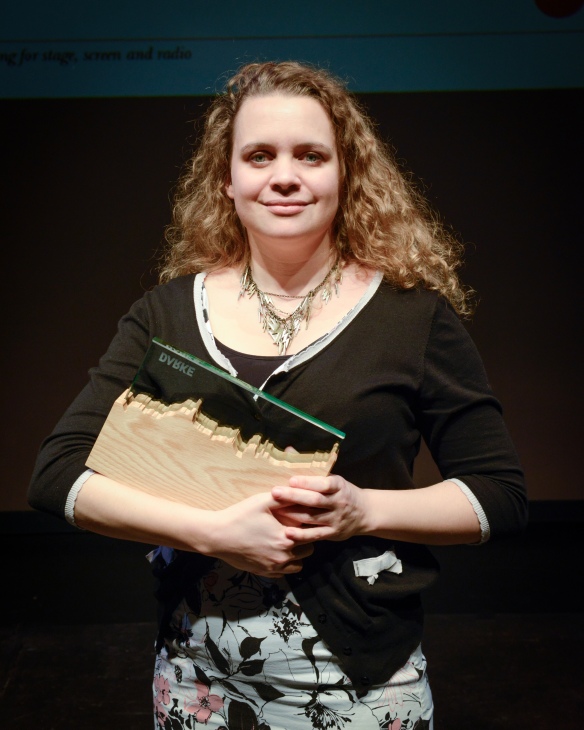The Daily Mail is a rich source of stories and research. I get most of my ideas from this right-wing rag. I love their dramatic sense of paranoia and xenophobia. And returning from Romania to a Britain in the grip of Eastern European invasion hysteria in 2007, it was in a very important way, the inspiration for my new play, Occupied.
I kept reading stories about Eastern Europeans occupying little pieces of London, a superloo in Hackney, a garden shed, that family playing house in your home when you come back from holiday. It was the one about people using a superloo in Hackney as a cheap London hotel that really kicked things off. When I met Anna this week, she said her Polish mother used to watch the comings and goings of the homeless using a public toilet in Dalston as a temporary housing facility.
What if, I thought, what if those amicable Romanians I knew in Brasov, Transylvania were transported here to London and forced to live in a public toilet and what would happen if one day an Englishman stumbled on them?
And so began the long gestation process of creating the play. The character voices long developed in my head before I even started writing it in late 2010. And informed by my own experiences of immigration, I knew there was something I wanted to say.
This week I met Anna Iwanowska-Mors, the Polish director I will be working with at Theatre 503 to develop my play. Steve Harper, the literary manager, set up a meeting to discuss how we could work together. Steve and Anna are kindly helping me assemble a literary crack team to help me with my play including a dramaturg and actors, and the use of a free stage over 5 days in March.
This blog is a place where I can record the process, make sure I don’t miss anything, think about things and share dramatic stories about immigrants talking over Britain.
And if you want to read the full story, look here
 I will be developing my play Made for Him as part of the prize – a futuristic feminist satire. As a result I will be spending a lot of time on sex doll purchasing sites – hard work ahead indeed.
I will be developing my play Made for Him as part of the prize – a futuristic feminist satire. As a result I will be spending a lot of time on sex doll purchasing sites – hard work ahead indeed.
